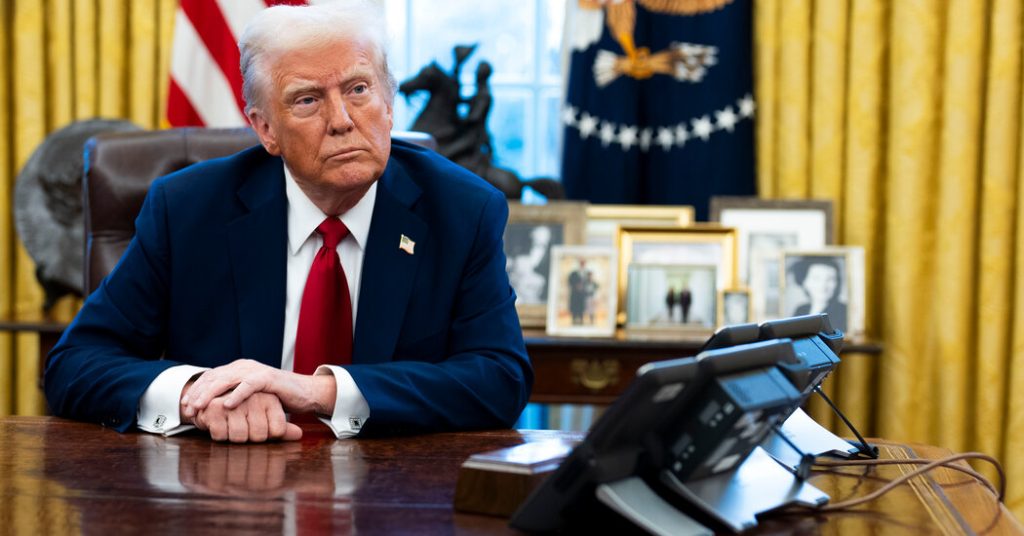Summarize this content to 2000 words in 6 paragraphs Judge McConnell’s Friday order does not block the Trump administration from continuing its review, only from defunding those programs that fail its tests in the states that sued — New York, California, Illinois, Rhode Island, New Jersey, Massachusetts, Arizona, Colorado, Connecticut, Delaware, Hawaii, Maine, Maryland, Michigan, Minnesota, Nevada, North Carolina, New Mexico, Oregon, Vermont, Washington and Wisconsin, along with the District of Columbia.In that sense, it may create a divide between Democratic states that will continue to have funds flowing and Republican states that will still face uncertainty.The White House did not immediately respond to a request for comment. Rob Bonta, attorney general for California, said in a statement that he was “grateful for the court’s decision.” He accused the Trump administration of “intentionally creating chaos” and “attempting to sow fear and confusion in our communities.”The series of executive orders mandating reviews of existing programs are still in force. The litmus tests range from the specific, such as ending assistance to sanctuary cities that decline to help with immigration enforcement and rescinding subsidies for electric vehicles, to the opaque, such as defunding “infiltration” of diversity, equity and inclusion initiatives, “environmental justice” and schools that teach “subversive, harmful, and false ideologies.”The Supreme Court already answered the question of whether the president can withhold congressionally allocated money in 1975, said David A. Super, a professor at Georgetown Law. That was when the court found that President Richard Nixon could not direct the Environmental Protection Agency to withhold money allocated to cities for sewers and sewage treatment under the Federal Water Pollution Control Act.
Keep Reading
Subscribe to Updates
Get the latest creative news from FooBar about art, design and business.
© 2025 Globe Timeline. All Rights Reserved.


